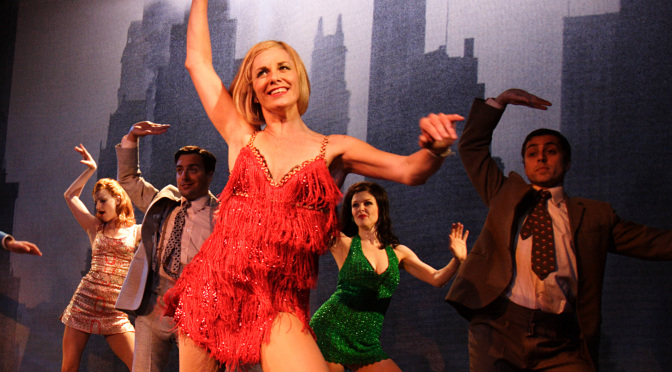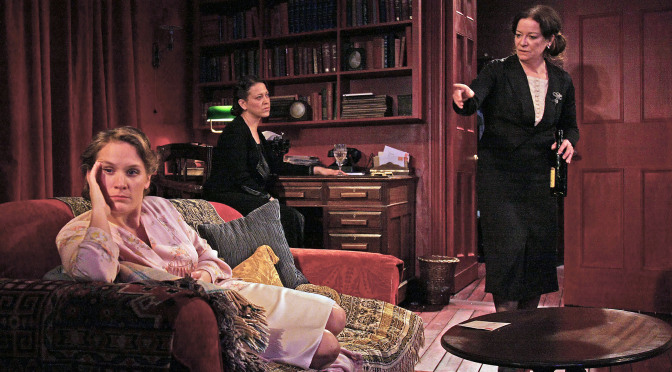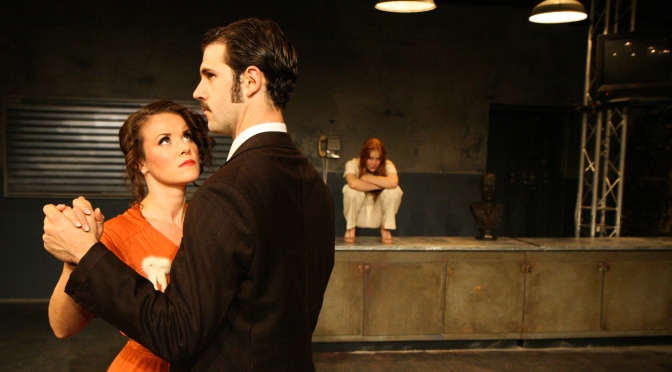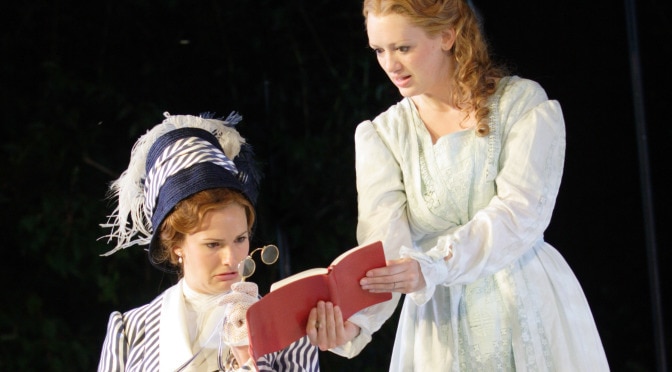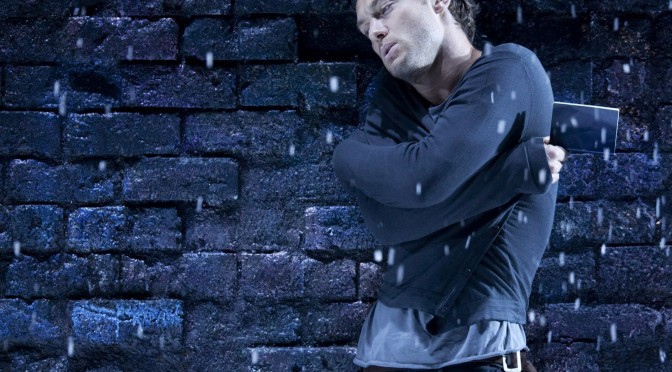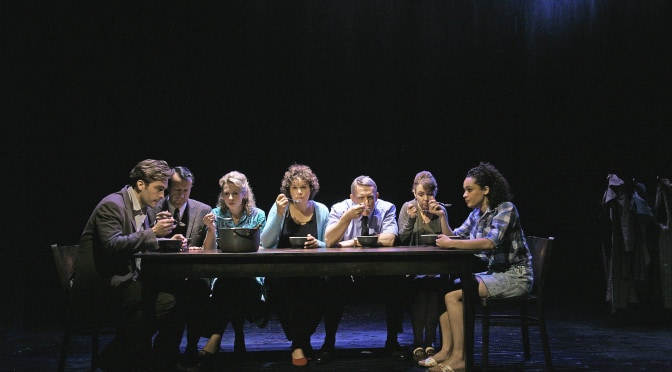With a story spanning 80 years and a cast of characters who seem to share the same name, Andrew Bovell‘s play is not the easiest one to follow. It is clear from the start that we are dealing with a mystery, half explained in a rambling fashion by a man whose sanity we instantly doubt.
This man is Gabriel York, son of another Gabriel, whose mother’s name was Gabrielle. His father died before his was born, while searching for his own father who disappeared when he was a boy. His mother also suffered a loss – this time a vanished brother who was abducted, abused and killed by that very same grandfather.
The mystery surrounding these two families is at the heart of the play. The characters themselves live in confusion and deal with half-remembered facts – stories are hidden, only partly revealed with tragic consequences, and ultimately fade away.
As changeable as the weather, the threads of these histories, as they are presented to characters and audience, resonate. The tragedy of lost parents and the repercussions of evil spread far and wide. Recurring events and echoing pain are reflected in the language with speeches repeated by different characters across time and space.
Through time, motives become lost. Objects become treasured that should be abhorred. Once precious treasures become meaningless. Nobody understands the pain that should be attached to a dead child’s shoe or remembers a token from a lover’s first meeting.
As time devours memory, the characters themselves feed on one another. Gabriel’s paedophile father introduces the motif of Saturn devouring his children, yet all filial relations seem to share a vicious quality and are doomed to failure.
The cruelty of parent to child is matched only by that of child to parent. Gabrielle makes both observations at different stages of her life, portrayed with conviction by Leah Purcell and Naomi Bentley. As she laments her child’s cruelty to her she forgets how she felt when she was young.
In the play’s most heart-rending moment, on learning of her estranged son’s death, a superb Phoebe Nicholls mounts a frosty yet meek defence of her cold behaviour to him. She warns us we should presume nothing until we know the whole story. Satisfactorily for an audience, we do discover the sacrifice she has made for her son – one that does not fail to move us. Tellingly, the play’s other characters never know the full story.
A Shakespeare workshop in Australia has inspired director Michael Attenborough to craft this fine production. The Almeida stage, with beautiful lighting by Colin Grenfell, manages to convey the claustrophobia of a dingy London flat and the frightening expanse of the Australian landscape. This landscape includes both The Coorong, a dangerous wetland where sea combats with sand, and the desert around the ancestral Uluru where characters encounter the past.
Like much symbolism in the play, this may seem heavy handed but it has emotional weight and is effectively conveyed.
Until 2 July 2009
Photo by John Haynes
Written 25 May 2009 for The London Magazine

